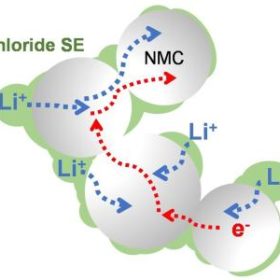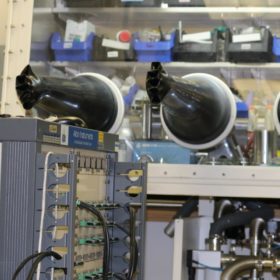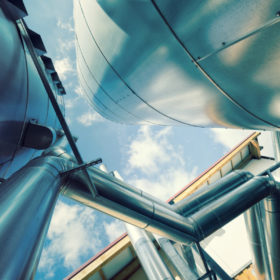Solid-state lithium-ion battery with capacity retention of over 4mAh/sq cm
Researchers from the University of Waterloo, Canada, have developed a new solid chloride electrolyte that swaps out half of the indium for scandium and offers several important advantages, such as high voltage operation.
Solving a metal oxide mystery
An international group of scientists has discovered a ‘space charge’ mechanism that explains why certain metal oxides used as electrodes in lithium-ion batteries exhibit higher storage capacities than should be theoretically possible. The research, according to the group, will unlock new pathways to the development of more advanced energy storage systems.
Power-to-gas facility in Canada could pay back in just under three years
The facility’s size and operational pattern could be optimized using a mixed-integer linear programming-based model. By selling hydrogen, supplying grid ancillary services and selling by-product oxygen, power-to-gas economics could be dramatically improved.
Canadian researchers have done the math on optimizing PV output
Mathematicians at Canada’s University of Waterloo who turned their attention to solar power have developed an algorithm they say offers better control over PV plant output. The researchers estimate the algorithm could improve the output of a 100 MW power plant by almost a million kilowatt-hours per year.




